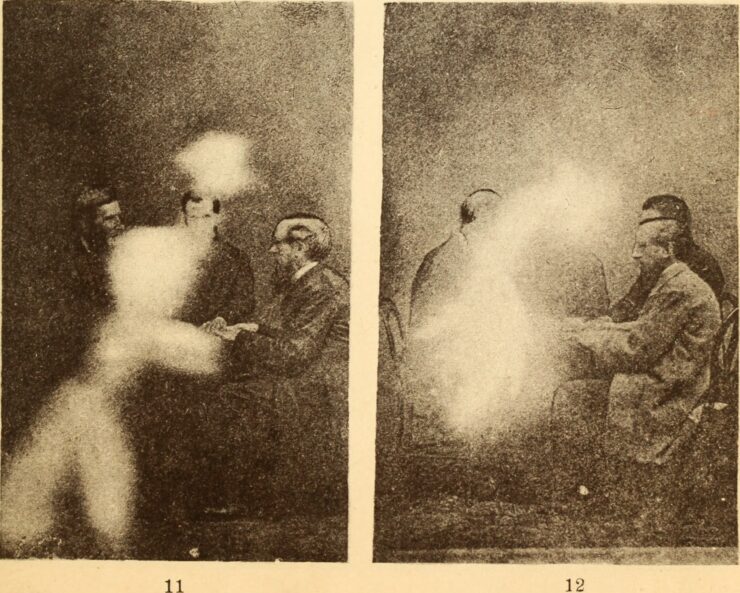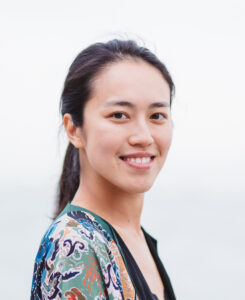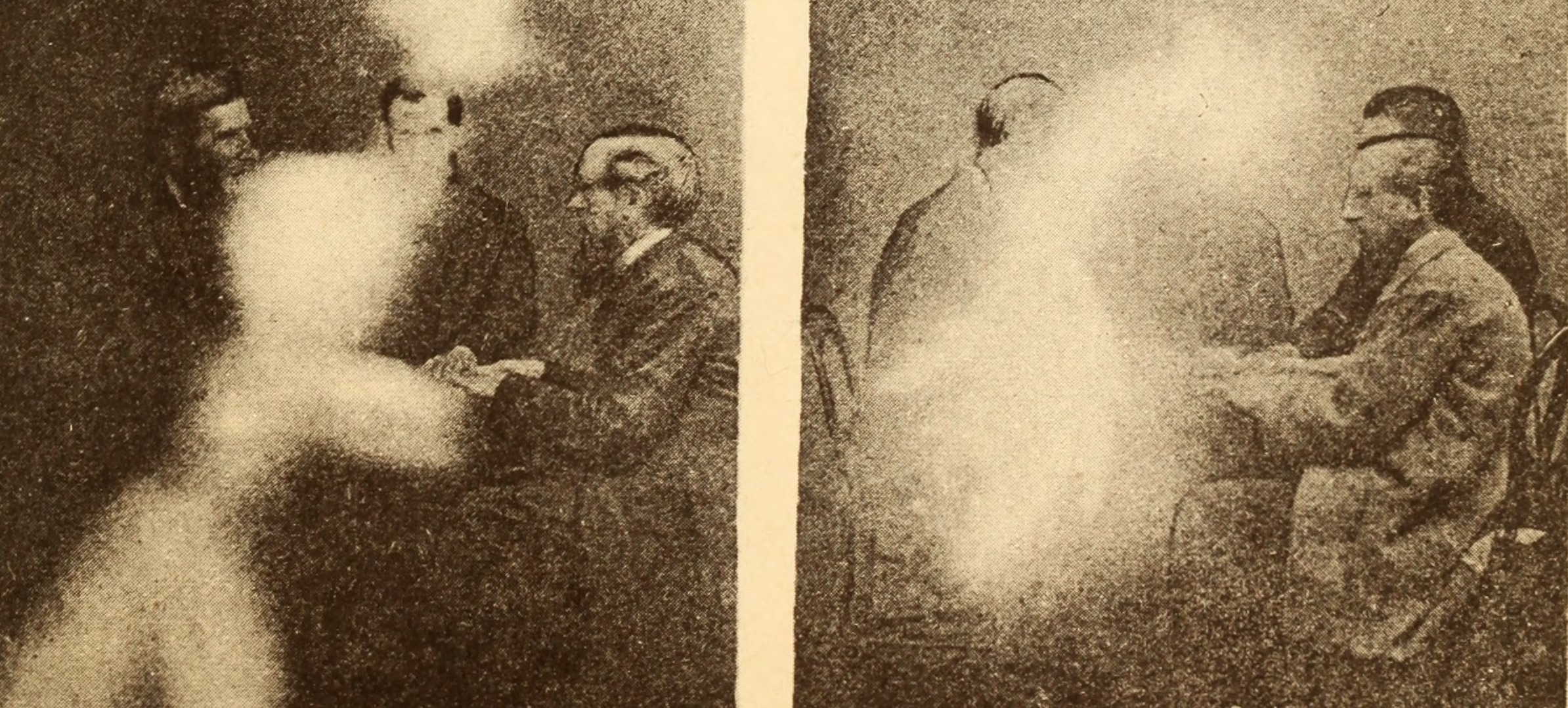Events
“The Medium is a Medium — Intersecting Technology and Spirituality in a More-than-human World” – Evelyn Wan (UU)

Belief and imagination underlie our use of technology. In the edited volume, Believing in Bits: Digital Media and the Supernatural (2019), contributors demonstrate how technologies cannot be analysed outside “the system of beliefs and performative rituals that inform and prepare their use” (Natale and Pasulka 3). One core belief identified in the book pertains to the notion that technology may help us transcend the biological limit of death by creating artificial life. Indeed both technological developments as well as cultural imaginaries in popular culture address the desire of some to achieve immortality through virtual avatars, chatbots, holograms, robots and other means. For instance, Black Mirror‘s Be Right Back episode (2013; Season 2 Episode 1) features computer-generated conversations with a husband after his death, who is eventually even embodied in a robot replica. In real-life developments, the chatbot application Replika was built by its creator to deal with grief after losing a beloved friend, and brought together a data archive of private messages and emails in order to generate a bot that would talk like him. VR company Somnium Space is offering a Live Forever mode in the metaverse that allows users to duplicate themselves in avatars. These attempts may be summarised through the term “legacy AI”, which focus on data preservation, management, as well as its creative usage beyond human biological death.
In this performance lecture, I approach this topic from a media-archaelogical manner, studying the ways in which the technology of the seance and spirit communication has been similarly used to transcend death. I draw on the dual definition of the term “medium” through Jeffrey Sconce’s work Haunted Media (2000) which addresses medium as mediation as well as medium as spirit contact. Specifically, I am interested in the notion of mediumship as a technology that defies death, and questions why the spiritual underpinnings of the term have been overshadowed by its technical definition in media studies. I look to Spiritualism, spirit telegraphy, and the laying of the trans-Atlantic telegraph cables at the end of the 19th century to demonstrate how technological development was intricately bound together with spiritual beliefs. During this TiM seminar session, you are invited to join a seance to resurrect these minor histories, communicate with the spectres that haunt such technologies, and untangle the belief systems that sustain interest in legacy AI and the desire to live forever.
 Dr. Evelyn Wan is Assistant Professor in Media, Arts, and Society at the Department of Media and Culture Studies at Utrecht University in the Netherlands. She is the Programme Coordinator for MA Arts and Society, and teaches a range of courses on contemporary performance practice, cultural and critical theory, and research methodologies. During her postdoctoral research at TILT (Tilburg Institute for Law, Technology, and Society), she worked on an ERC-funded project on data protection law and information-induced harms. She graduated cum laude from her PhD programme and was awarded a national dissertation prize by the Praemium Erasmianum Foundation in the Netherlands in 2019. She is currently working on her book project, “How We Lost Sense of Time: A Prehistory of Algorithmic Governance”, through the lens of decolonial media studies and performance studies. Her research studies the biopolitics of both historical technological inventions and contemporary emerging technology. Her writings have appeared in International Journal of Communication, GPS: Global Performance Studies, International Journal of Performance Arts and Digital Media, and Theatre Journal, amongst others.
Dr. Evelyn Wan is Assistant Professor in Media, Arts, and Society at the Department of Media and Culture Studies at Utrecht University in the Netherlands. She is the Programme Coordinator for MA Arts and Society, and teaches a range of courses on contemporary performance practice, cultural and critical theory, and research methodologies. During her postdoctoral research at TILT (Tilburg Institute for Law, Technology, and Society), she worked on an ERC-funded project on data protection law and information-induced harms. She graduated cum laude from her PhD programme and was awarded a national dissertation prize by the Praemium Erasmianum Foundation in the Netherlands in 2019. She is currently working on her book project, “How We Lost Sense of Time: A Prehistory of Algorithmic Governance”, through the lens of decolonial media studies and performance studies. Her research studies the biopolitics of both historical technological inventions and contemporary emerging technology. Her writings have appeared in International Journal of Communication, GPS: Global Performance Studies, International Journal of Performance Arts and Digital Media, and Theatre Journal, amongst others.
Suggested reading (optional, distributed upon registration):
- Natale, Simone, and Diana Pasulka. Believing in Bits: Digital Media and the Supernatural. Oxford University Press, 2019, pp. 1-15 “Introduction”.
You can register by sending an email to tim@uu.nl, or via Eventbrite.
This seminar is part of the Transmission in Motion seminar (2022-2023): “Imaginary-Imagination”.

